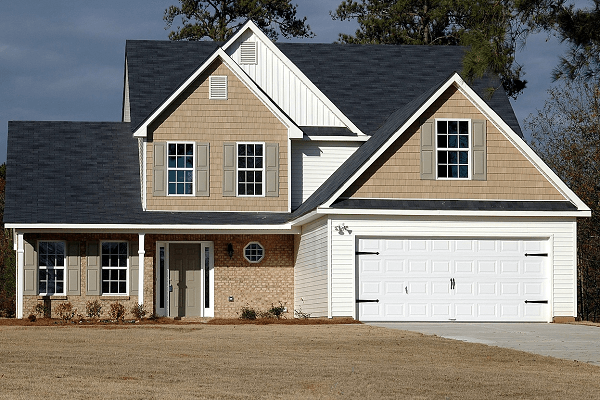Buying a second home? Here is what you need to consider first
Are you buying a second home? From researching the area to reviewing your finances, there are necessary steps you need to take to ensure that you’re making a good investment. You’ll also need to take the tax implications of owning a second home into account. Looking for great deals? Find houses for sale on GotProperty today.
1. Consider your motivations

Why are you buying another property? The reasons behind your purchase will have a major impact on your decision. Common reasons to invest in a second property include:
- An investment
- As a holiday home
- In preparation for retirement
If you’re buying a holiday home or a place to retire, you’ll need to take your personal preferences and requirements into consideration. However, if you’re buying a second home purely as an investment, it’s best to take a more analytical approach.
Investment properties should cater to the needs of renters or prospective buyers. Consider whether you’re prepared to take on the duties of becoming a landlord. Renting property comes with its own responsibilities, such as repairing faulty plumbing at inconvenient times.
2. Review your budget
Before you take the leap of buying a second home, make sure that you can afford it. Financial institutions are likely to be stricter when approving a loan for the additional property. You can expect to pay a larger deposit than you were required to on your first home.

Not only will your financial situation determine if you can afford a second home, but it will also influence how much you’re able to spend when you’re selecting a property. Before you start browsing properties, it’s helpful to know what your budget is. Don’t forget to take additional expenses into account.
Extra costs include the following:
- Bond fees
- Transfer duties
- Legal expenses
- Renovations and repairs
- Maintenance
- Rates and tax
- Levies
Another financial decision you’ll need to make is to carefully choose your payment plan. The plan you choose will depend on your budget and what the financial institution is willing to offer you.
If you can afford it, try to make a larger deposit when you buy your home as this will reduce your monthly repayments and interest expenses.
3. Check the tax implications
Renting out property has tax implications. You’ll need to declare the rent as part of your income. When you decide to sell your second home, it will be liable for Capital Gains Tax. Contact an accountant to get professional advice so that you have a better understanding of the tax implications before you part with your hard-earned cash.
4. Research the location
Whether you’re buying a property as an investment or for personal use, location is an important deciding factor. Check the value of the houses in the area as well as what amenities are easy to access. Proximity to schools, transportation networks, and retail outlets will increase the value of your property. The safety of the neighbourhood will also impact your investment.
5. Assess the condition of the property
It’s vital to ensure that the property is in good condition when you’re buying a second home. It’s advisable to check that the electricals and plumbing were installed by a trained professional.

Ask the owners for the relevant compliance certificates to ensure that everything is in order. Avoid properties that have the following:
- Structural damage
- Damp
- Bad-quality finishes
- Water damage
- Roof damage
- Deep cracks in the walls
- Poor security
Now that you know more about buying a second home, you can get your search started for good deals. With the right knowledge, adding to your property portfolio is a wise move. You can find a diverse range of houses for sale on GotProperty.




